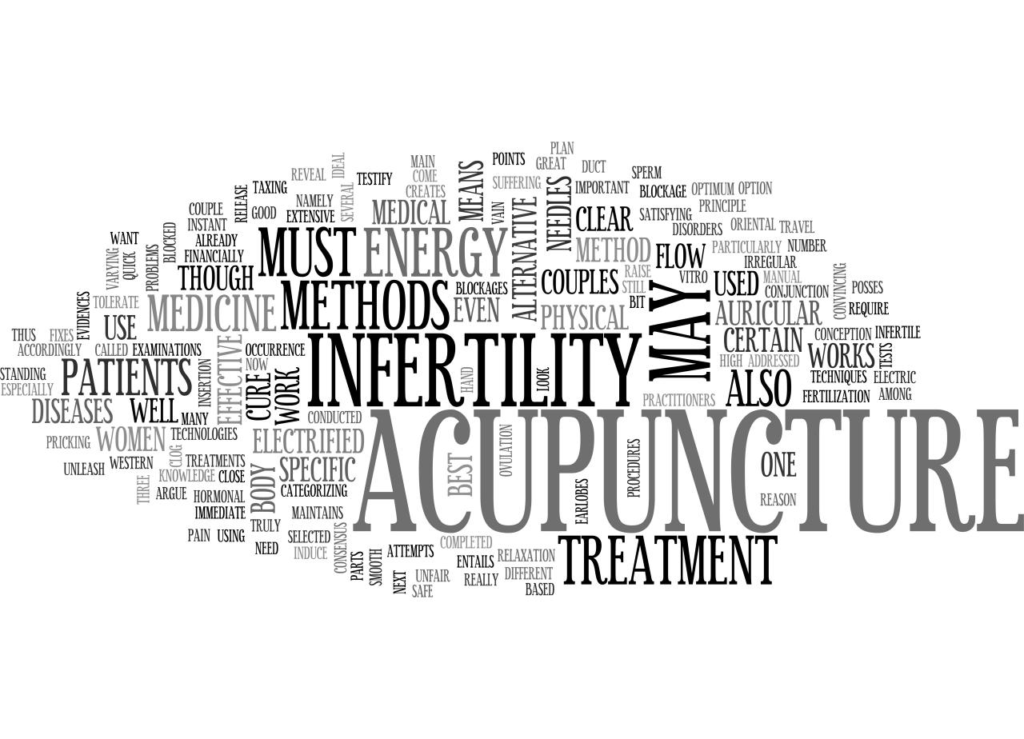ÔÇÿÔÇÖPolyCystic Ovarian SyndromeÔÇÖÔÇÖ a rare syndrome that occurred in women before the 1900ÔÇÖs is now the most common syndrome that women are diagnosed with.
In Kashmir alone, 5-10% of the women population has been diagnosed with PCOS. Whereas in India, every one in 5 women suffers from the same.
WHAT IS PCOS?
- PolyCystic Ovarian Syndrome is a hormonal disorder present in reproductive women.
- It is not a disease but a syndrome.
- It is incurable, stays for a lifetime, but treatment is available.
- ItÔÇÖs main concern is that it causes infertility.
- The exact cause of PCOS is unknown.
WHAT ARE ITS SYMPTOMS?
- Irregular/missed periods/heavy bleeding
- Excess facial hair growth along with severe acne or even male-patterened baldness
- Multiple small cysts on the ovaries seen in an ultrasound
These symptoms may vary from mild to severe in different women. One may be diagnosed with pcos if she experiences at least two of the above mentioned.
WHAT CAUSES PCOS? IS THERE ANY TREATMENT?
The exact cause is not known yet though factors that might play a role include:
- Excess insulin: Insulin is the hormone produced in the pancreas that allows cells to use sugar, your body’s primary energy supply. If your cells become resistant to the action of insulin, then your blood sugar levels can rise and your body might produce more insulin. Excess insulin might increase androgen production, causing difficulty with ovulation.
- Low-grade inflammation. This term is used to describe white blood cells’ production of substances to fight infection. Research has shown that women with PCOS have a type of low-grade inflammation that stimulates polycystic ovaries to produce androgens, which can lead to heart and blood vessel problems.
- Heredity. Research suggests that certain genes might be linked to PCOS. If an aunt in your family has been diagnosed with pcos chances are that you might also have the same.
- Excess androgen. The ovaries produce abnormally high levels of androgen, resulting in hirsutism(excess hair growth) and acne.[1]
Doctors suggest, PCOS is a syndrome that has no cure. It stays for a lifetime, can be controlled but not cured (just like diabetes and thyroid). The treatment may take minimum two years until the situation gets under control, but it is different for different women.
Treatment may include:
- Lifestyle changes:
Your doctor will recommend you to change your lifestyle in all possible ways. The first change must be in your weight. This can be achieved through a low-calorie diet along with moderate exercise on a daily basis. Even the slightest change in your weight can affect your condition. If you keep getting fatter you may lose the effectiveness of your medication whereas if you lose even the slightest weight (say 5-6 % of your body weight) the effectiveness of your medicines will significantly increase. Losing weight can also help with your infertility.
- Medications
To regularize your periods your doctor may recommend:
Combination birth control pills: BCP contains estrogen and progestin(both hormones) that decreases androgen production and regulates estrogen levels in the body. When these hormones get to their normal level in the body it can lower your risk of encountering endometrial cancer, excessive bleeding,excess hair growth and acne.
To help you ovulate your doctor may recommend:
Metformin:This oral medication is for type 2 diabetes that improves insulin resistance and lowers insulin levels. Metformin may also help restoring ovulation, reducing weight, reducing circulating androgen levels, reducing the risk of miscarriage and reducing the risk of gestational diabetes mellitus (GDM).
So does PCOS cause infertility only?

COMPLICATIONS –
PCOS does not only cause infertility among women but can cause many other complications as well. Not necessarily everybody will experience some of these complications but the risk is high if left untreated. The complications may include:
- Developing insulin resistance/diabetes
- Abnormal cholesterol and triglycerides levels
- Heart disease,stroke
- Endometrial cancer (cancer of the inner lining of the uterus)
- Obesity
- Sleep apnea
- Eating disorders, anxiety, depression
- Gestational diabetes or pregnancy-induced high blood pressure
What if I leave it untreated?
According to the leading endocrinologists, and other reliable references, this could possibly be the worst option for you. If left untreated you could develop endometrial (lining of the uterus) cancer.
BOTTOM LINE
PCOS may give you a hard time, but never give up! Keep up with your doctor, have checkups every month, eat healthy and stay fit. Because this is the only body you got, you should take care of it.
More power to all the women out there who are suffering from PCOS!
References:
[1] https://www.mayoclinic.org/diseases-conditions/pcos/diagnosis-treatment/drc-20353443

